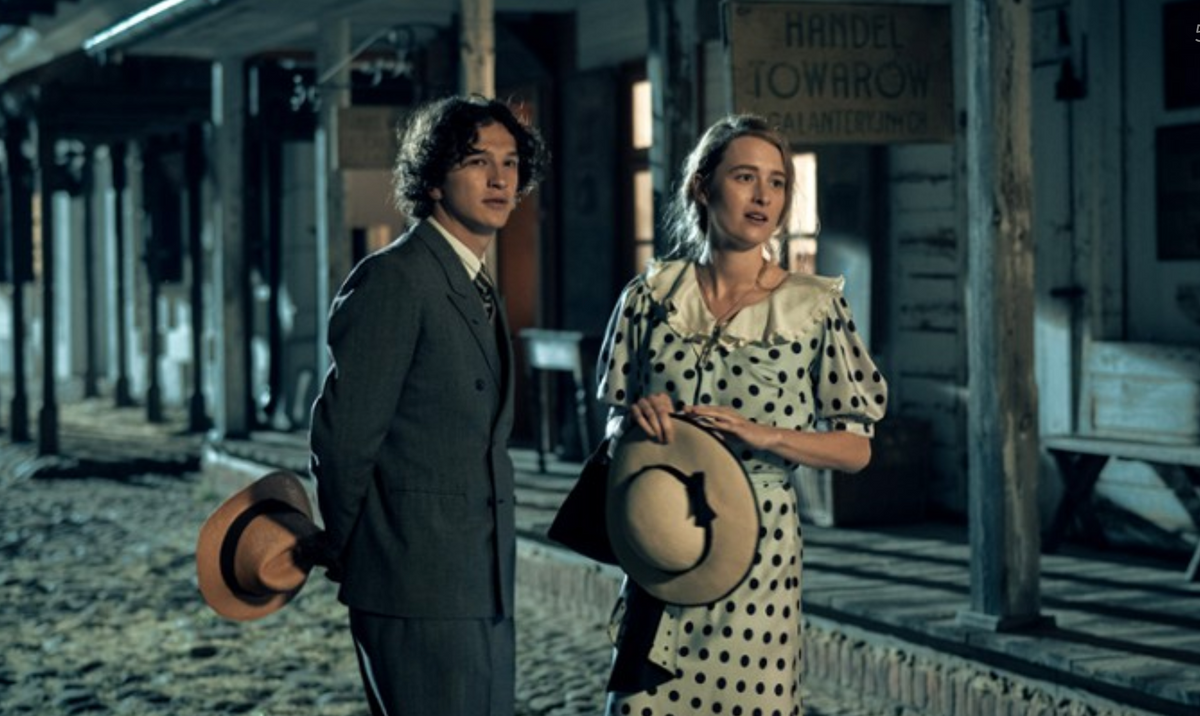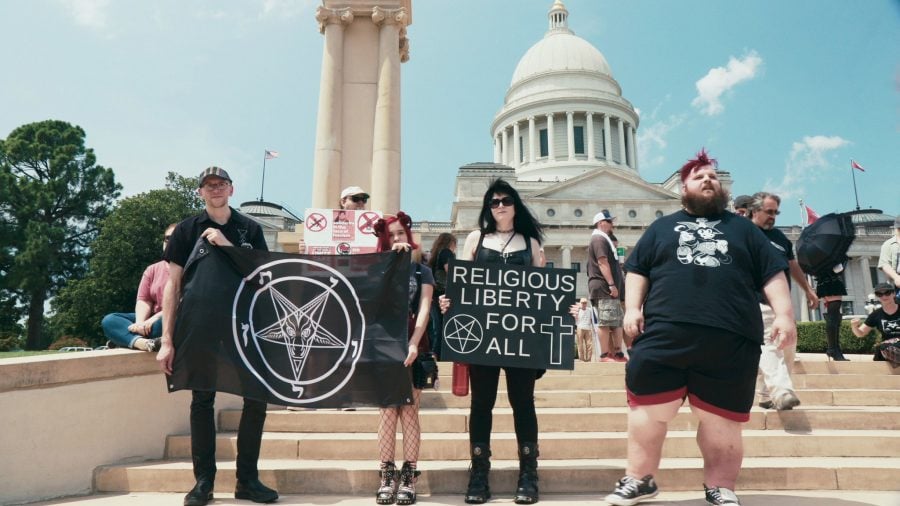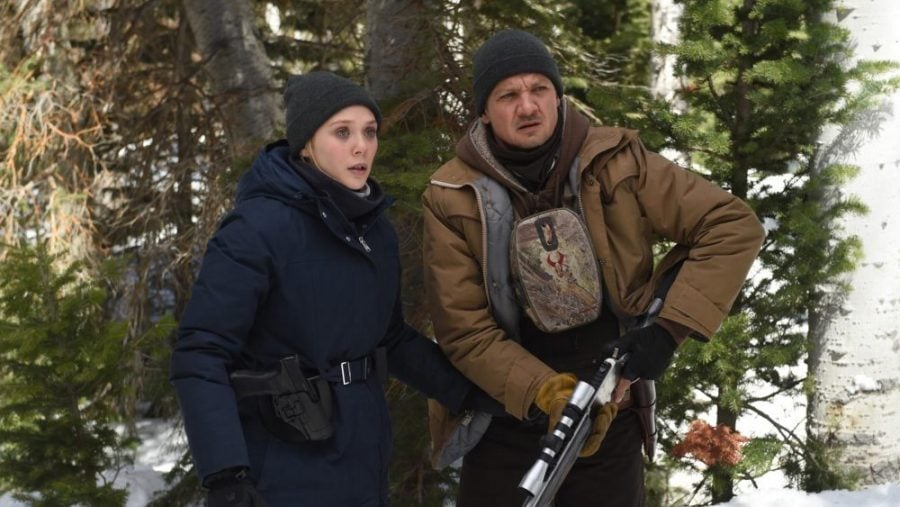
Selma (2014)
The Very Best
8.0
Movie
8.0
The Staff
TLDR
Peaceful protests, violent reactions, and the tragic realization that people never learn.
What it's about
The take
The award-winning third feature by director Ava DuVernay, Selma, was released around the 50th anniversary of the historically significant marches (Selma to Montgomery) that aided the civil rights movement's efforts to assure African-American citizens can exercise their constitutional right to vote, harassment-free. The film has been celebrated not only as an artwork, but also as a historiographically accurate one. While it features the role Martin Luther King Jr. played in the marches, it does not reduce the activists' effort and struggle to make it come to fruition. With her uncompromising directorial approach, DuVernay crafts a thrilling period film that has all the markers of a well-done genre feature, but uses its mechanisms to tell an emotionally potent story about both the peaceful marches and the nation-wide outcry resulting from the violence they were met with.
What stands out
For a film of its scale, it's not surprising that Selma amasses a huge number of actors, most of them award-winner or nominees. Similarly, because of its subject and mission, the project feels epic and it's only fitting to gather the best ones working in the field at the time. In addition to the spearheading, powerful performance by David Oyelowo (as Luther King), other names that should be singled out are that of Tom Wilkinson as President Johnson, Oprah Winfrey and Tessa Thompson as activist figures Annie Lee Cooper and Diane Nash, LaKeith Stanfield in one of his groundbreaking appearances, and the infamous Cuba Gooding Jr. A powerhouse ensemble cast ties the film together without taking away from the historicity and realism necessary for Selma to become a staple of contemporary American filmmaking.
Comments
Add a comment
Your nameYour comment
UP NEXT
UP NEXT
UP NEXT
Curated by humans, not algorithms.

© 2024 agoodmovietowatch, all rights reserved.















